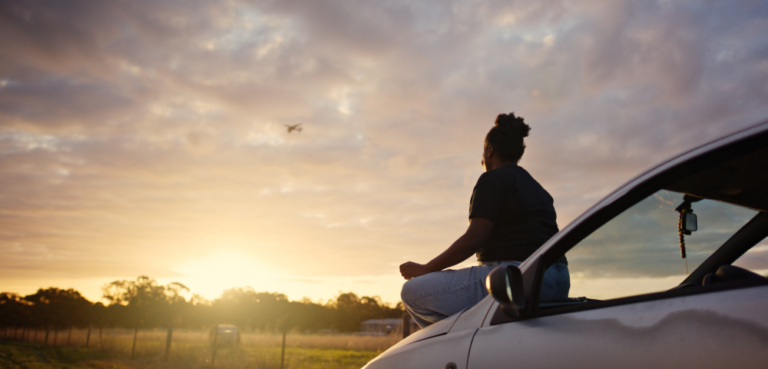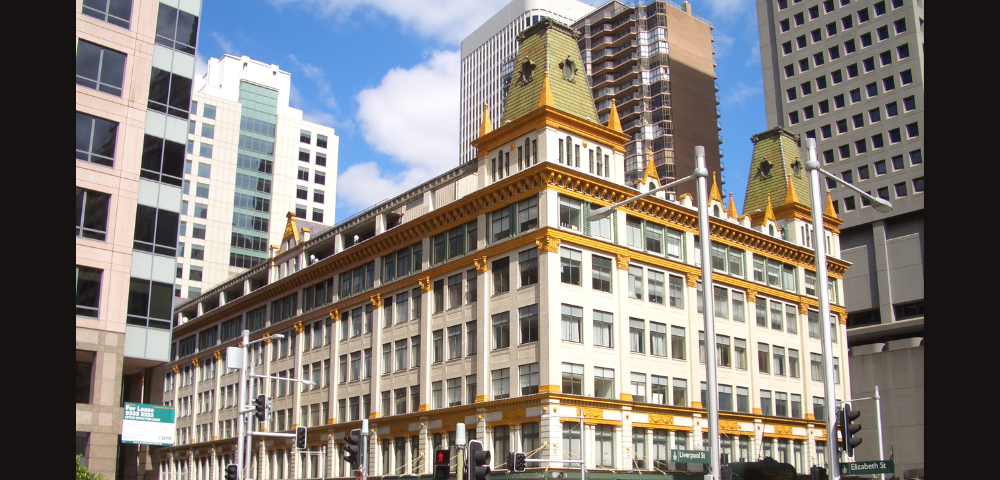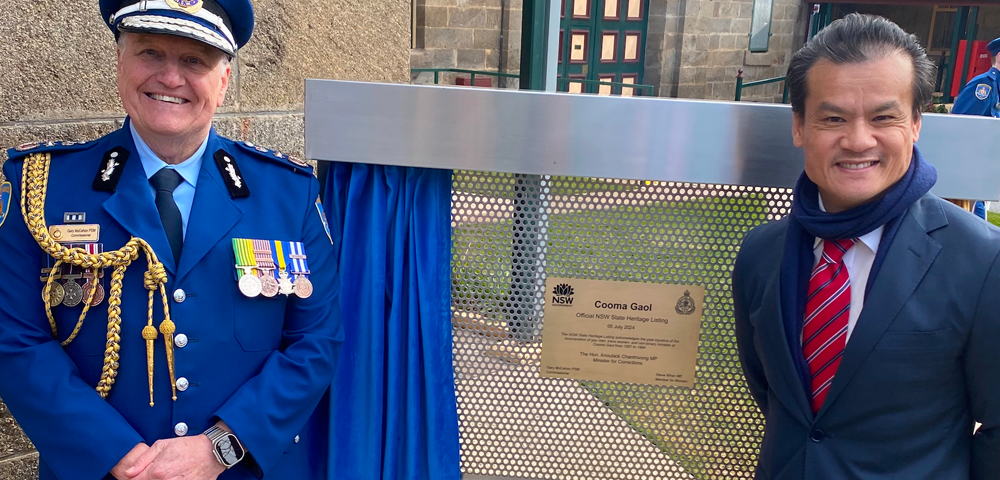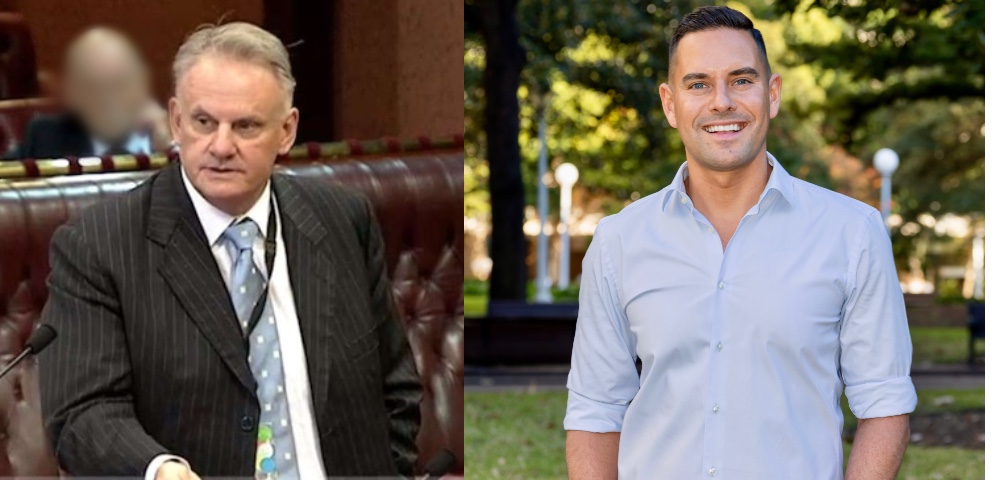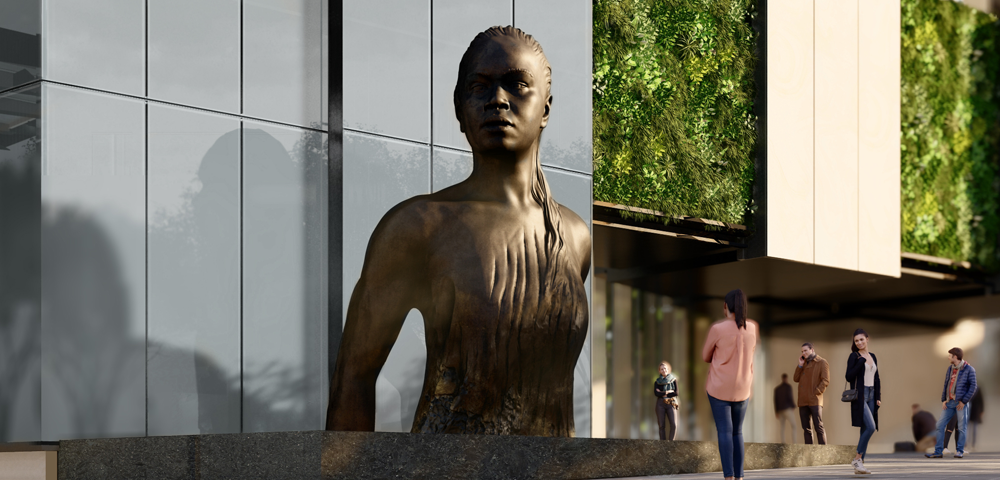
She was once on the FBI’s top ten most wanted list, but at the Citigate Central Hotel last Thursday Angela Davis received applause and laughs from the audience.
Ms Davis was one of five keynote speakers in a panel that discussed the need to change women’s incarceration in the 21st century.
“In the entire history of the institution of the prison as punishment, we have never seen it work,” said Ms Davis.
“Prison was founded on this notion of reform and rehabilitation, but reform and rehabilitation cannot take place in prison.”
A symbol of black power in 1970’s America, the former Black Panther member is now one of the United States’ most vocal abolitionists.
Critical of prison’s inability to reduce crime in the United States, she and several other speakers cited the United States population of 2 million incarcerated individuals.
Ms Davis said the United States has 25 per cent of the world’s prisoner population and worldwide there is a growing trend for prisons to be used as a depository for all the problems associated with poverty.
“As a matter of fact America was the first nation in the world to use the penitentiary in the transition to democracy so you could say America is responsible for the prisons of today,” said Ms Davis.
In 1970, Ms Davis fled authorities and went underground after guns registered in her name were used in a courtroom shooting.
An international campaign advocating her innocence due to wrongful conviction saw her released sixteen months later.
Anne Warner, president of Sisters Inside, a Brisbane-based organisation for women’s prisoner rights and services, was in the audience.
She said there has been an increase in the number of female prisoners in Queensland because there have been law and order crackdowns in recent years and the community sees locking people up as the only way to deal with crime.
“We go to the courts and we support those women,” said Ms Warner.
She said many of the women had only committed “minor, trivial or street offences” and believes imprisoning women is different to men because women are primary care-givers to children.
“It’s stupid social policy to put women in prison because all it does is criminalise her, criminalise her kids,” she said.
By Simon Anderson


